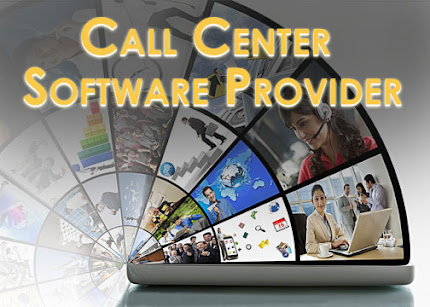What challenges can arise during the implementation of call center solutions?
Call centers serve as the backbone of customer interactions for various businesses, ensuring smooth communication and efficient query resolution. The implementation of call center solutions has revolutionized customer service, but it's not without its challenges. In this article, we delve into the complexities that organizations might encounter during the implementation of call center solutions.
2. Understanding Call Center Solutions
Before diving into the challenges, let's understand what call center solutions entail. These solutions encompass a range of technologies and strategies that enable businesses to manage customer interactions seamlessly. From interactive voice response (IVR) systems to workforce management software, these solutions streamline customer service operations and enhance overall efficiency.
3. Challenges Faced During Implementation
Implementing call center solutions may appear straightforward, but it often comes with a set of hurdles that need to be navigated skillfully. These challenges can impact various aspects of business operations, ranging from customer satisfaction to financial viability.
4. Integration of Multichannel Communication
Modern customer interactions span across various channels, including phone, email, chat, and social media. Ensuring that call center solutions seamlessly integrate and manage these channels is a complex task. How can businesses guarantee a consistent customer experience regardless of the chosen communication medium?
5. Ensuring Scalability and Flexibility
As businesses grow, so do their customer service requirements. Implementing call center solutions that can scale up or down as per demand is crucial. How can organizations ensure their chosen solution remains flexible enough to adapt to changing customer needs?
6. Data Security and Privacy Concerns
Call centers handle a wealth of sensitive customer information daily. Safeguarding this data against cyber threats and ensuring compliance with data privacy regulations is a paramount challenge. How can organizations strike a balance between providing efficient service and maintaining data security?
7. Training and Onboarding of Staff
Even the most advanced call center solutions are only as effective as the staff operating them. Properly training and onboarding employees to utilize these solutions optimally is vital. How can organizations ensure that their staff is well-versed in using these tools for efficient customer interactions?
8. Maintaining Quality Customer Service
The primary goal of call center solutions is to enhance customer service. However, during implementation, there's a risk of focusing too much on technology and losing sight of the customer experience. How can businesses prevent a decline in the quality of customer service during the transition?
9. Aligning Technology with Business Goals
Selecting and implementing call center solutions should align with the broader business objectives. Mismatched technology can lead to inefficiencies and wasted resources. How can organizations ensure that their chosen solutions complement their strategic goals?
10. Cost Management and ROI
Investing in call center solutions involves significant financial considerations. Calculating return on investment (ROI) and managing costs effectively are constant challenges. How can businesses strike a balance between investing in technology and achieving tangible financial benefits?
11. Conclusion
In the ever-evolving landscape of customer service, call center solutions play a pivotal role. While the challenges of implementation might seem daunting, they are not insurmountable. With careful planning, training, and adaptation, organizations can overcome these hurdles and harness the full potential of call center solutions.
12. FAQs
Q1: What are call center solutions, and why are they important? A1: Call center solutions encompass technologies and strategies that streamline customer service operations, enhancing communication and query resolution.
Q2: How can businesses ensure data security in call center operations? A2: Implementing robust cybersecurity measures, training staff in data handling best practices, and adhering to data privacy regulations are key steps.
Q3: What is the role of staff training in call center solution implementation? A3: Proper training ensures that employees can effectively use the technology, leading to improved customer interactions and service quality.
Q4: What factors should businesses consider while selecting call center solutions? A4: Businesses should align technology with their strategic goals, and consider scalability, integration capabilities, and potential for ROI.
Q5: How can organizations measure the success of call center solution implementation? A5: Success can be measured through metrics like improved customer satisfaction scores, reduced query resolution times, and increased operational efficiency.




Comments
Post a Comment